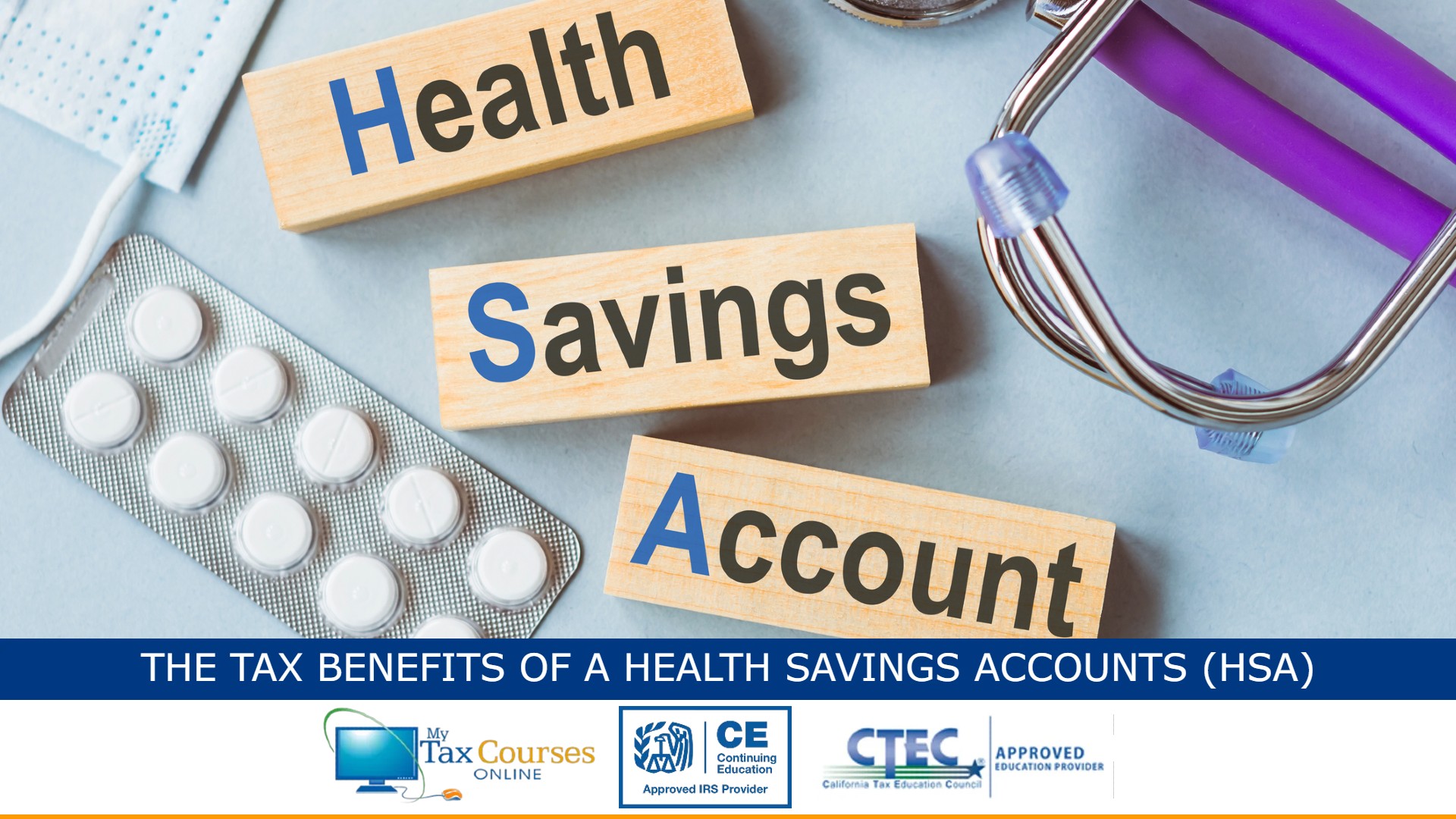Health Savings Accounts (HSAs) are not just a way to pay for medical expenses; they're a strategic tax planning tool that can significantly impact your financial health. For tax preparers, understanding the tax benefits of HSAs is crucial to providing comprehensive advice to clients. This blog delves into the world of HSAs, unraveling the tax advantages they offer.
What is an HSA?
An HSA is a savings account designed specifically for medical expenses. Eligibility for an HSA requires enrollment in a High-Deductible Health Plan (HDHP). HSAs are attractive because they offer a triple tax advantage, making them a pivotal part of tax planning strategies.
Triple Tax Advantage of HSAs
- Tax-Deductible Contributions: Contributions to an HSA are tax-deductible. For 2024, individuals can contribute up to $4,150 (up from $3,850 in 2023), and families up to $8,300 (up from $7,750 in 2023), directly reducing taxable income.
- Tax-Free Growth: The funds in an HSA grow tax-free, meaning any interest or investment earnings are not subject to federal taxes as long as the account remains intact.
- Tax-Free Withdrawals for Qualified Medical Expenses: Withdrawals from an HSA for qualified medical expenses are tax-free. This includes a wide range of costs, from prescriptions to surgeries, making HSAs a powerful tool for managing healthcare expenses.
The Impact on Your Taxes
The tax benefits of HSAs extend beyond the immediate. They can influence your client's overall tax strategy in several ways:
- Lowering Taxable Income: Making the maximum allowable contribution can significantly reduce your client's taxable income for the year.
- Investment Opportunity: HSAs can be invested in stocks, bonds, and mutual funds, offering a tax-free growth opportunity similar to a Roth IRA but for healthcare expenses.
- Flexibility and Portability: HSAs are owned by the individual and are not tied to any employer, offering flexibility and portability across jobs and during retirement.
Planning Tips for Tax Preparers
- Maximize Contributions: Encourage clients to contribute the maximum amount to take full advantage of the tax deduction. This is particularly beneficial for those in higher tax brackets.
- Educate on Qualified Expenses: Ensure clients know what constitutes a qualified medical expense to avoid unnecessary withdrawal taxes and penalties.
- Consider HSAs for Retirement: While HSAs are intended for medical expenses, after age 65, funds can be withdrawn for any purpose without penalty, though withdrawals for non-medical expenses are subject to income tax. This makes HSAs a valuable tool for retirement planning.
HSAs offer unique benefits to enhance your client's financial well-being and tax situation. As a tax preparer, your role in educating and advising clients on leveraging HSAs for immediate and long-term tax advantages is invaluable. With their triple tax benefit, HSAs are not just a healthcare account but a critical component of a comprehensive tax strategy.
Are you ready to optimize your client's tax strategy with HSAs? Take our course, presented by Doug Stives, to explore this topic in more depth.




